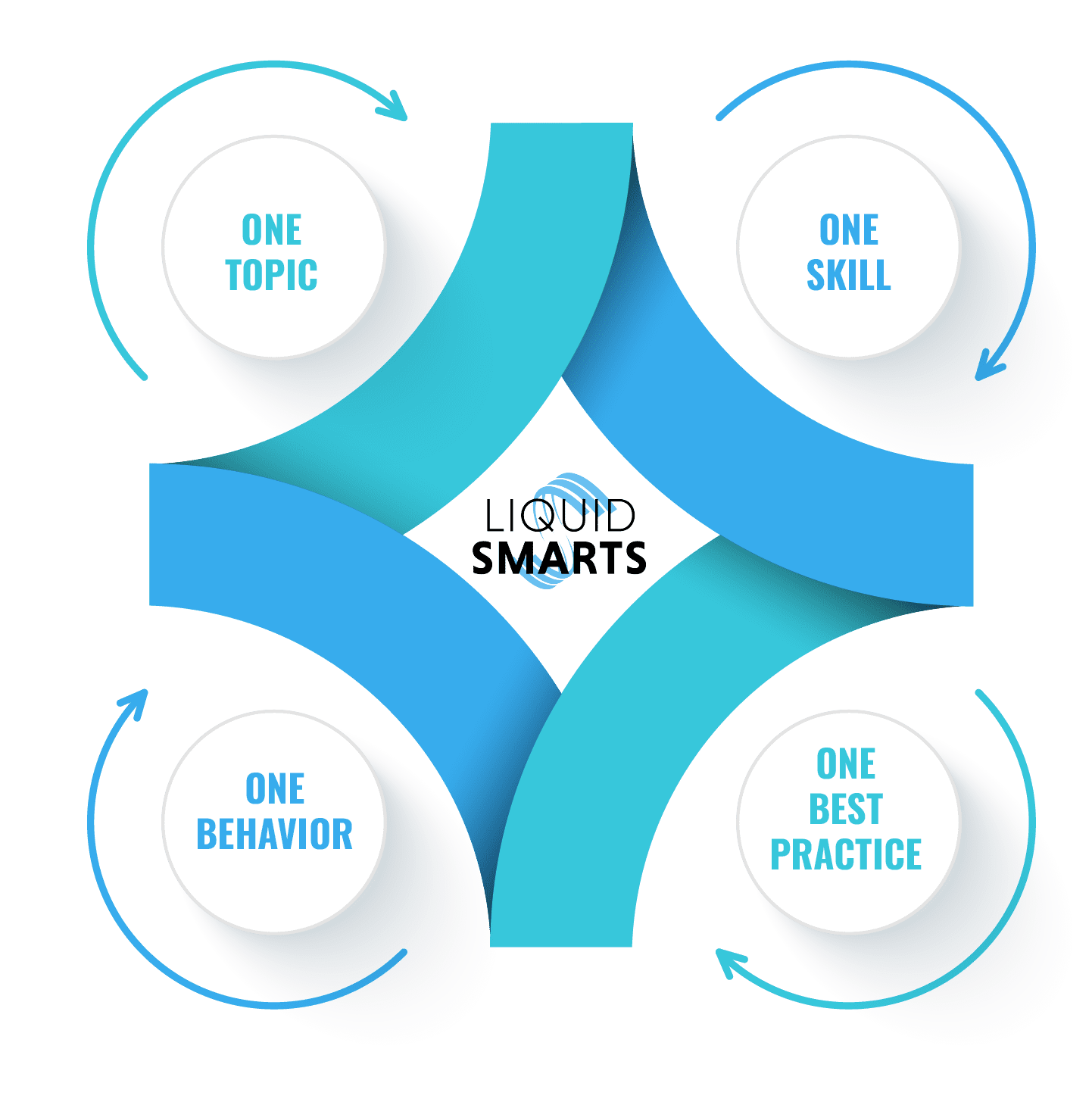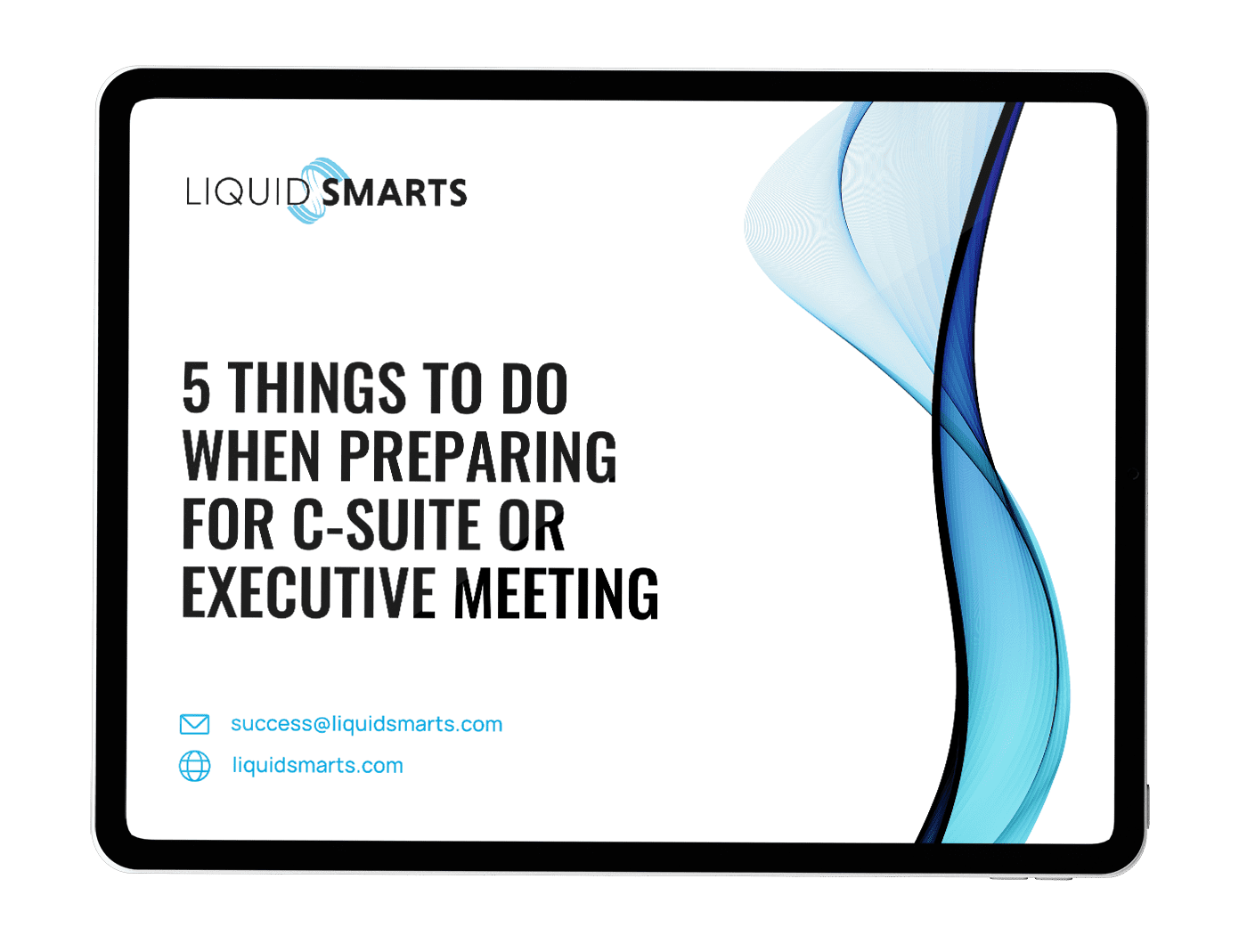Foundation of Sales Coaching
The Significance of Sales Coaching
The importance of successful sales coaching lies in its ability to increase sales teams’ productivity, improve sales reps’ retention rates, and ensure alignment with overall company goals. A clear and consistent sales coaching process ensures sales leaders and representatives have defined responsibilities and metrics for success. Most sales managers have ready work for coaching sessions if they focus on sales strategy. Regular one-on-one sales coaching tips and conversations allow individualized coaching, working with each salesperson’s strengths and weaknesses. Sales coaching can provide critical insights into roadblocks, strengths, and areas for growth.
Coaching Focus Areas
Sales Process Coaching
Sales process coaching focuses on a sales rep’s steps and strategies to close a deal. It involves helping the sales rep understand and navigate the sales process effectively. This includes identifying potential customers, understanding their needs, presenting the product or service to meet them, negotiating the deal, and closing the sale. Sales process coaching helps sales managers focus their reps on becoming more efficient and effective in their sales activities. Sales management is mandated to help improve sales performance and the effectiveness of sales calls. Following the correct process turns sales calls into deals; therefore, sales coaching effectiveness is aligned with sales enablement.
Sales Skill Coaching
On the other hand, sales skill coaching or mentoring focuses on the specific skills that a sales rep needs to succeed. This could include communication skills, negotiation skills, product knowledge, and building customer relationships. Sales skill coaching is often more detailed and specific than sales process coaching, focusing on the individual skills that a sales rep needs to improve.
Coaching the Human Experience
Coaching the human experience involves understanding and addressing the personal and emotional aspects of a sales rep or sales coach’s job. This could include dealing with stress, maintaining motivation, balancing work and personal life, and dealing with rejection. Coaching the human experience recognizes that sales reps are not just employees but people with unique experiences and challenges. This type of coaching can help sales reps become more resilient, motivated, and successful in their roles.
Implementation and Technique
Role and Techniques of Sales Managers
The Role of Sales Managers in Coaching
Sales managers play a critical role in coaching. They monitor individual sales rep performance to identify areas for improvement and reinforce behaviors that lead to success. They also develop coaching initiatives that build confidence in reps by providing them with the tools and skills they need to succeed. A sales manager’s role differs from a sales coach as the latter focuses on the individual development of a sales rep. A sales rep’s weekly coaching might focus on improving skills and techniques rather than spending time concentrating on numbers.
The Role of Managers in Training
If a manager does not appear engaged in training, the team will sense this and disengage from the training. Therefore, managers should learn the training and model how it should change individual sales reps’ behavior. The key to any initiative’s success is having managers coach their reps after completing the training. This engagement helps with knowledge retention and reinforces the changes expected from the training.
Sales Coaching Techniques
The abovementioned coaching technique is known as “coaching to the gap.” It involves analyzing the gap between a salesperson’s current performance and their desired performance and then coaching them to bridge that gap. This technique is effective because it helps salespeople understand where they need to improve and provides specific guidance on how to do so. By incorporating strategic coaching to the gap into your team’s strategy, you can help your sales team reach their full potential and achieve greater success.
What Makes a Sales Coach Great?
Coaching walks delicate lines. You need to be able to change behavior while allowing for an understanding of the weaknesses of the rep. Most managers are not trained in coaching and know very little about it. Most great sales coaches and agents learn to sell and coach by doing it and making up their coaching process as they go along. The result is that too many sales managers tell salespeople what to do rather than letting the salespeople learn. When you invest in educating your sales coaching team, you help develop positive behaviors in them and in the teams they coach. Coaching is the process that enables learning for the sales team.
Leveraging Data for Coaching
Sales Coaches Use Data
Sales coaching involves the process of analyzing data to gain insights into the performance of sales reps. A good sales coach should be able to compile and analyze data in a way that provides meaningful conclusions. This can help sales reps understand their strengths and weaknesses and guide them on the next steps to improve their performance. By analyzing data, effective sales coaches can also identify trends and patterns that can be used to develop strategies for sales reps to achieve their goals. Data analysis is a crucial aspect of sales coaching that can help organizations achieve their sales targets and improve their bottom line.
Incorporating Sales Coaching into Sales Training
Sales coaching can complement sales training efforts to drive sustainable performance improvements. Early sales manager buy-in is crucial for measuring sales coaching effectiveness and the training initiative. Training pays off when sales managers are invested and actively engaged.
Many sales managers may not have been promoted based on their ability to coach others but on their ability to sell and drive revenue for the sales organization. Therefore, manager training should include learning how to coach.
Tracking and Sharing Results
Managers should be aware of the program’s success. Sharing successful results can motivate managers to continue coaching and participate actively in future training initiatives. Tracking sales metrics and sharing results is a critical part of the process, as it provides tangible evidence of the benefits of sales coaching. It also helps to identify areas where further improvement is needed.
Challenges and Considerations
Understanding Performance Impact
The Impact of Sales Coaching on Performance
Several studies indicate the positive impact of sales coaching on business performance. For instance, organizations that employ real-time, deal-specific sales coaching witnessed an 8.4% year-over-year increase in revenue, which is a 95% improvement over companies that do not provide that level of coaching. Furthermore, top-quality sales coaching programs can enhance the performance of the middle 60% of a sales workforce by up to 19%. Therefore, sales coaching is not just about numbers but about learning and behavior change.
Relevant Publications on Sales Coaching
Several publications provide valuable insights into sales coaching. For instance, “Sales Coaching: Making the Great Leap from Sales Manager to Sales Coach” by Linda Richardson is a comprehensive guide. Another notable book is “Coaching Salespeople into Sales Champions: A Tactical Playbook for Managers and Executives” by Keith Rosen. These books provide practical strategies and techniques for effective sales coaching. The Harvard Business Review article “Avoid a One-Size-Fits-All Approach to Sales Coaching” also provides valuable insights into the need for personalized coaching strategies.
Overcoming Challenges
Challenges in Sales Coaching
Mastering sales coaching is not without its challenges. Sales managers often struggle with seeing the bigger picture, as they tend to focus too much on numbers. This narrow focus can prevent them from identifying broader issues affecting sales performance. Natural defensiveness can also be a barrier to effective coaching. Open communication is crucial for effective coaching, and defensiveness can hinder this process. Managers need to be open to feedback and willing to make necessary changes.
Overcoming Challenges in Sales Coaching
Another common challenge is the lack of precision in feedback. Managers need to provide precise and constructive feedback to deliver good sales coaching. Vague or non-specific feedback can confuse sales reps and make them unsure how to improve. Tactical coaching is the opposite and maximizes effective sales training by pointing out how individual sales representatives can activate the best practice behavior. Team meetings are prime venues for this, but without sales data or information on the sales cycle, coaching efforts sales managers invest can be erroneously discounted. Managers must also be authentic in their approach to be effective coaches and signal that they, sales leadership, and the entire team share the goal of sales success. Authenticity is vital in coaching, and managers must be genuine in their interactions with sales reps when applying coaching techniques. Understanding these common challenges can help sales managers develop stronger coaching skills and effectively stimulate winning sales conversations.
How Much Does Sales Coaching Cost?
Great sales coaching is typically done by a sales Manager or Director with proven leadership abilities and experience in the business. Almost a third of all sophisticated selling organizations offer a professional sales coaching program. These programs differ in cost and depend on the organization’s needs and the sales coaching methods covered. Sales coaching costs vary depending on many factors and are difficult to cost without a dedicated initiative. Public programs range between $5,500 and $55,000. Coaching programs are typically low-cost, aiming to attract a larger audience to which the organizer can upsell other programs.
Start Leveraging Sales Coaching with LiquidSMARTS
Sales coaching plays a crucial role in the success of any sales organization. As discussed, the foundation sets the tone for a strong and efficient team. The significance of coaching goes beyond simply improving sales numbers; it also focuses on developing skills, building relationships, and driving a positive human experience.
Managers can train their teams and act as successful coaches by implementing effective techniques and strategies. But what makes a sales coach truly great? It’s their ability to leverage and incorporate data into training and coaching sessions. Through tracking and sharing results, coaches can assess the impact of their coaching on performance and make necessary adjustments.
Some challenges come with sales coaching, but understanding their impact on performance and using relevant publications as a guide can be overcome. And while some may wonder about the cost of implementing a strong sales coaching program, the benefits far outweigh any financial investment.
So why wait? Start incorporating effective sales coaching techniques into your training program today. Your team’s success is waiting; get in touch with us.







